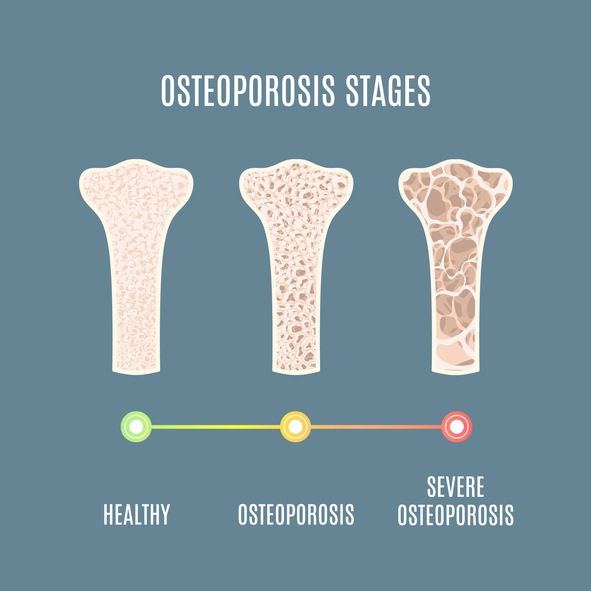Scientists have discovered a protein that inhibits the formation of new bone tissue. It blocks the activity of bone-forming cells, disrupting the entire process. By targeting this new mechanism, the researchers plan to address osteoblast dysfunction in osteoporosis, a severe chronic disease characterized by significant loss of bone mass and density.

The CLEC14A protein is present in blood vessel cells—endothelial cells—which, during bone development, transport immature osteoblasts to target sites where new bone tissue is needed. A problem arises when CLEC14A is also present on the outside of the endothelial cell. This disrupts osteoblast maturation and prevents the formation of new, functional bone tissue, according to the University of Birmingham's website.
Experiments showed that osteoblasts matured in four days without the protein, but in eight days in the presence of CLEC14A. Furthermore, without CLEC14A, a significant increase in the mineralization of the formed bone tissue was observed.
Remarkably, scientists previously discovered a specific type of blood vessel cell responsible for directing osteoblast transport. CLEC14A was found to be present on the surface of this cell type.
"Poor bone formation is observed in osteoporosis, autoimmune arthritis, and other diseases. We now hope to develop new, effective treatments for musculoskeletal disorders," the scientists stated.
Previously, researchers discovered another protein called PEPITEM, which regulates bone remodeling and increases bone mineralization. It increases osteoblast activity, not their number.